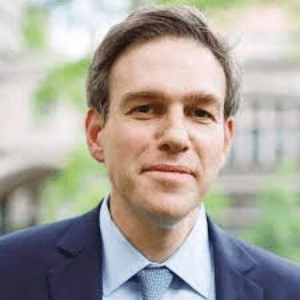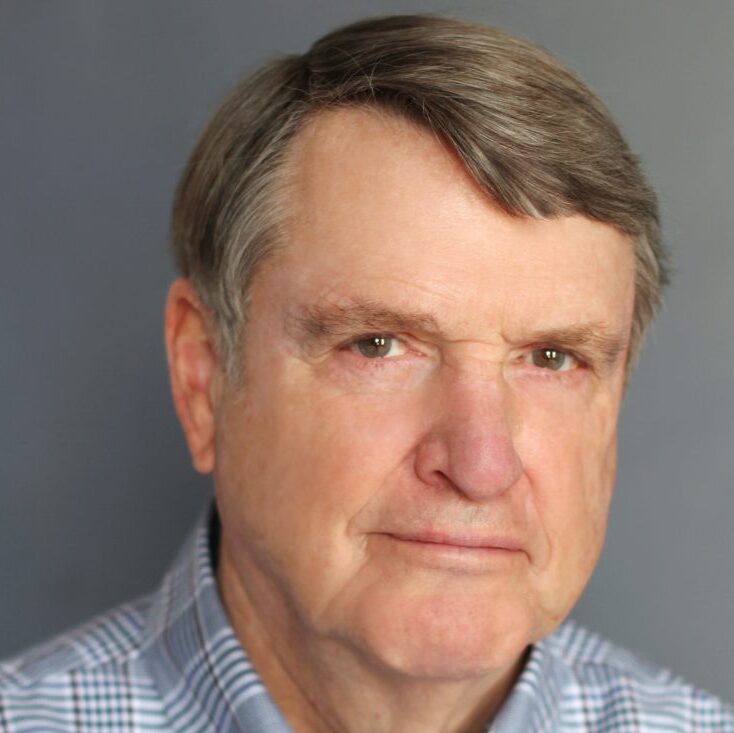- Debates
Features
Topics
Upcoming debates
-
-
-
Open to Debate, in partnership with the Human Rights Foundation and the Oslo Freedom Forum, is examining a strategy employed by many countries to respond to aggressive or authoritarian regimes. In recent years, these have been levied against countries such as Russia, Venezuela, and Iran, which have ranged from freezing assets and trade bans to travel restrictions and full embargoes. But do sanctions work in deterring repression? Those arguing that they’re effective claim that they’re a nonviolent way to force change and serve as a deterrent for other countries. Those who are skeptical about the efficacy of sanctions say they are leaky, don’t lead to regime change, and can harm civilians and exacerbate humanitarian crises. Now with this background, we debate the question: Are Sanctions an Effective Policy Tool? This debate was produced in partnership with the Human Rights Foundation at the Oslo Freedom Forum in Oslo, Norway, on May 26, 2025.Friday, June 27, 2025
-
- Insights
- About
-

SUPPORT OPEN-MINDED DEBATE
Help us bring debate to communities and classrooms across the nation.
Donate
- Header Bottom


















JOIN THE CONVERSATION